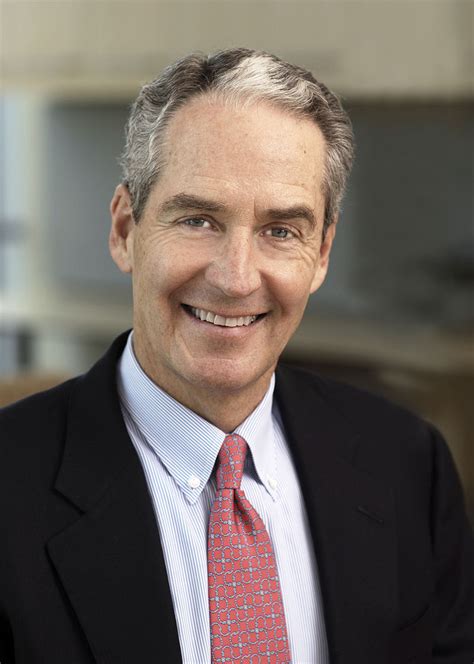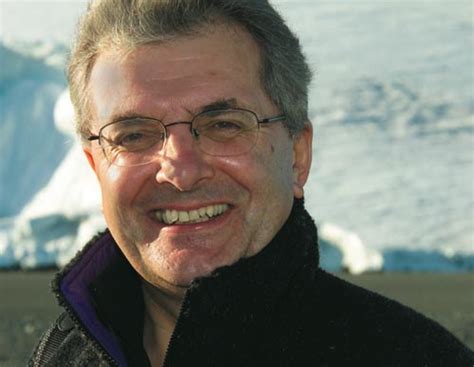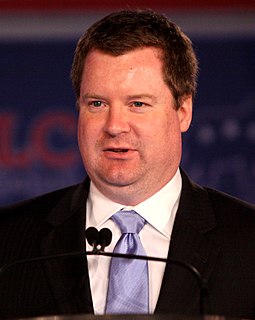A Quote by Stuart L. Hart
Although population and consumption are societal issues, technology is the business of business. If economic activity must increase tenfold over what it is today to support a population nearly double its current size, then technology will have to reduce its impact twenty-fold merely to keep the planet at its current levels of environmental impact. For example, to stabilize the climate we may have to reduce real carbon emissions by as much as 80 percent, while simultaneously growing the world economy by an order of magnitude.
Quote Topics
Activity
Although
Business
Carbon
Carbon Emissions
Climate
Consumption
Current
Double
Economic
Economic Activity
Economy
Emissions
Environmental
Environmental Impact
Example
Fold
For Example
Growing
Impact
Increase
Issues
Keep
Levels
Magnitude
May
Merely
Much
Must
Nearly
Order
Over
Percent
Planet
Population
Real
Reduce
Simultaneously
Size
Societal
Stabilize
Support
Technology
Tenfold
Then
Today
Twenty
While
Will
World
World Economy
Related Quotes
Although reducing human emissions to the atmosphere is undoubtedly of critical importance, as are any and all measures to reduce the human environmental "footprint", the truth is that the contribution of each individual cannot be reduced to zero... If we believe that the size of the human "footprint" is a serious problem (and there is much evidence for this) then a rational view would be that along with a raft of measures to reduce the footprint per person, the issue of population management must be addressed.
There is a single theme behind all our work-we must reduce population levels. Either governments do it our way, through nice clean methods, or they will get the kinds of mess that we have in El Salvador, or in Iran or in Beirut. Population is a political problem. Once population is out of control, it requires authoritarian government, even fascism, to reduce it.
Fifty percent of the world's population lives in cities. In a couple of decades, 70 percent of the world's population will be living in cities. Cities are where the problem is. Cities are where the solution is, where creativity exists to address the challenges and where they have most impact. This is why, in 2005, the C40 was founded, an organization of cities that address climate change. It started with 18 cities; now it's 91. Cities simply are the key to saving the planet.
They [the New World Order] want to reduce the population [to 500 million] and their target date is May 5th of 2000. [.....] The demons who call themselves spirit guides have told them. "You know, you have to reduce the population by May 5th." Because May 5th is Karl Marx's birthday, you know, enter the Age of Aquarius. [.....] I suspect they may use Y2K as an excuse to create some little problems here, we shall have to wait and see.
We ought to be keeping in mind that the technology is not just hardware and machinery, it is also software. So you can think of languages of the technology and writing of the technology and the social justice of the technology in what social justice does is reduce impacts on the Earth because the most impact is from the poorest and richest people.
On Earth Day I made a commitment to reduce our emissions of greenhouse gases to 1990 levels by the year 2000. And I asked for a blueprint on how to achieve this goal. In concert with all other nations, we simply must halt global warming. It is a threat to our health, to our ecology, and to our economy. I know that the precise magnitude and patterns of climate change cannot be fully predicted. But global warming clearly is a growing, long-term threat with profound consequences. And make no mistake about it, it will take decades to reverse.




































